Strengthening health systems to get to ‒ and stay at ‒ ZERO malaria cases

Malaria eliminated in 10 countries in 5 years
The elimination target was set by the WHO global malaria strategy. A country that was malaria-endemic in 2015 had to achieve at least one year of zero indigenous cases and then maintain that status through the end of 2020. Countries that reach at least 3 years of zero indigenous cases are eligible to apply for an official WHO certification of malaria elimination.

Strong public health system infrastructure with skilled, motivated personnel, signed Tashkent declaration with 8 neighbouring countries to scale up response and interrupt transmission completely
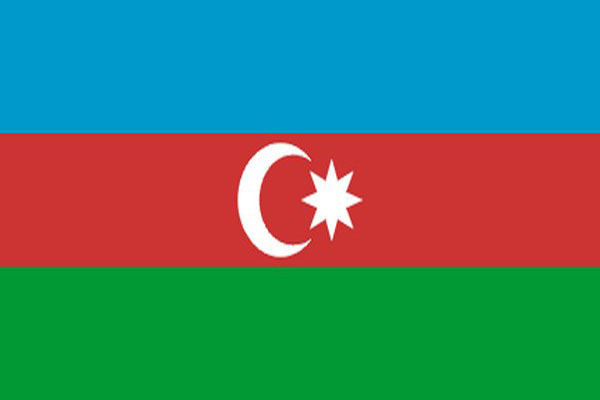
Strong public health system infrastructure with skilled, motivated personnel, signed Tashkent declaration with 8 neighbouring countries to scale up response and interrupt transmission completely
Reoriented surveillance according to risk stratification to focus on areas where people are more likely to be affected and maintains surveillance in ports and airports
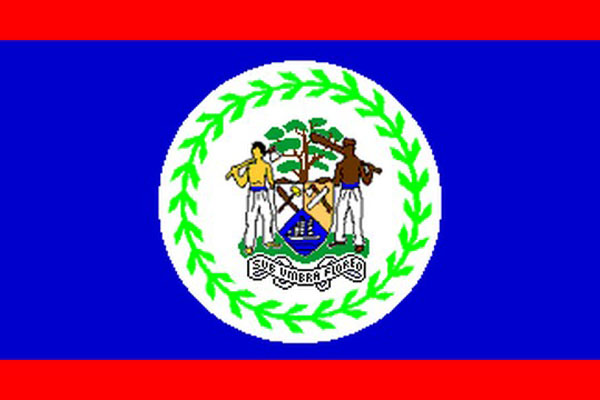
Reoriented surveillance according to risk stratification to focus on areas where people are more likely to be affected and maintains surveillance in ports and airports
All patients are treated by the public sector with at least 3 days of hospitalization, which helps to improve rates of adherence to medication

All patients are treated by the public sector with at least 3 days of hospitalization, which helps to improve rates of adherence to medication
Inter-ministerial effort in health, education, finance, research and science, development, public security, the army, police, commerce, industry, information technology, the media and tourism

Inter-ministerial effort in health, education, finance, research and science, development, public security, the army, police, commerce, industry, information technology, the media and tourism
Maintains a network of > 3000 community health workers to identify imported cases early before they transmit infections onwards
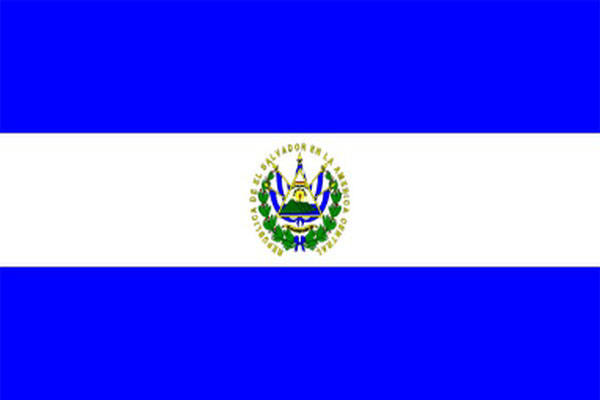
Maintains a network of > 3000 community health workers to identify imported cases early before they transmit infections onwards
Diagnosis, treatment and prevention provided free of charge, including for migrant workers from neighbouring countries, and volunteers trained in use of rapid diagnostic tests and compliance with treatment regimens
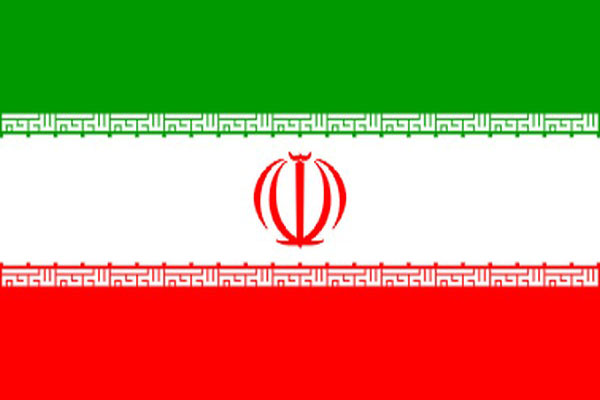
Diagnosis, treatment and prevention provided free of charge, including for migrant workers from neighbouring countries, and volunteers trained in use of rapid diagnostic tests and compliance with treatment regimens
Extensive surveillance system in villages and stratification based on risk of mosquito bites and likelihood of importation particularly on plantations where labourers who often travel receive treatment free-of-charge
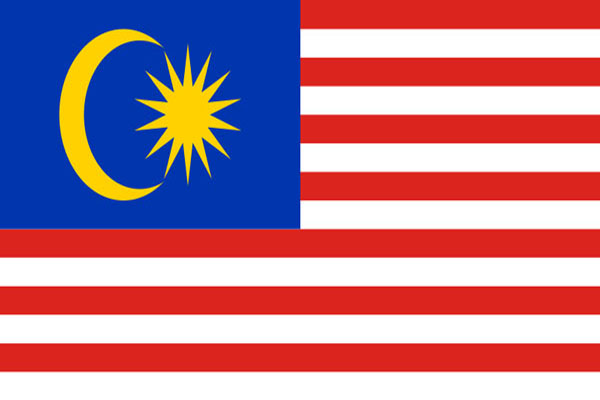
Extensive surveillance system in villages and stratification based on risk of mosquito bites and likelihood of importation particularly on plantations where labourers who often travel receive treatment free-of-charge
Effective surveillance combined with mobile clinics enabled prompt, effective treatment in areas of high transmission in the middle of a civil war
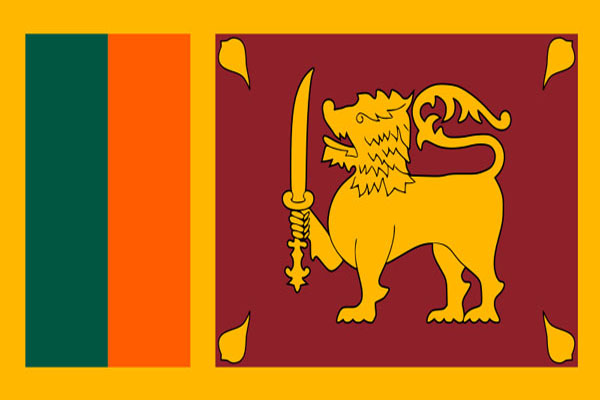
Effective surveillance combined with mobile clinics enabled prompt, effective treatment in areas of high transmission in the middle of a civil war
Districts still have reserve stocks of anti-malarial drugs, insecticides and bednets, and health education continues for population in higher-risk areas
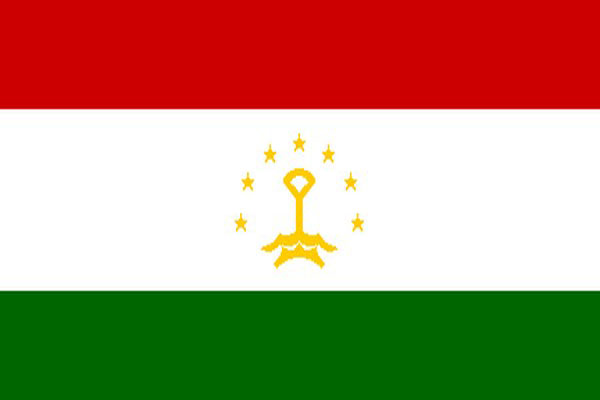
Districts still have reserve stocks of anti-malarial drugs, insecticides and bednets, and health education continues for population in higher-risk areas
Operational guidance on
maintaining essential health services during COVID-19
rapidly developed to support countries adapt their strategies

A new manual provides guidance on
preparing for the official WHO certification
of malaria elimination
Tailoring malaria interventions to the COVID-19 pandemic provides guidance on
adapting interventions during the evolving emergency
and associated restrictions
Malaria Elimination Oversight Committee established to
share issues that could threaten elimination
and maintain a 360° view of the work of countries and regions towards malaria elimination
Convening Member States to share
innovations and best practices

Comprehensive framework of
tools, activities and dynamic strategies
that can be adapted to the local context
Malaria Elimination Certification Panel established to review evidence that a country has interrupted
the chain of indigenous transmission for at least 3 years
and has a programme to prevent re-establishment

